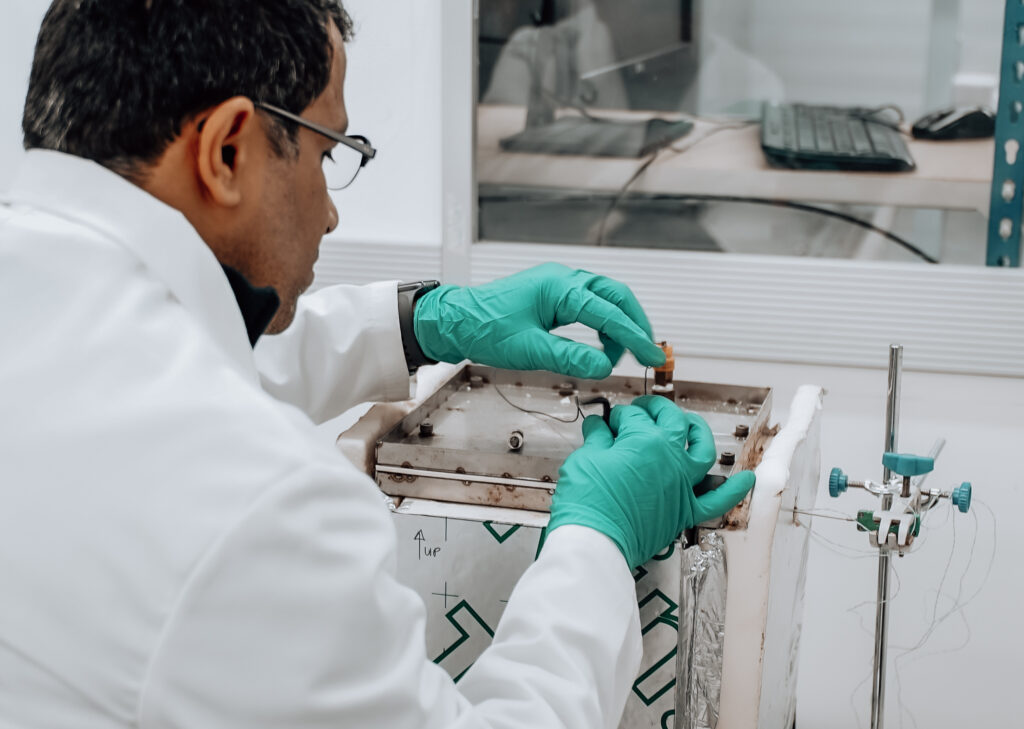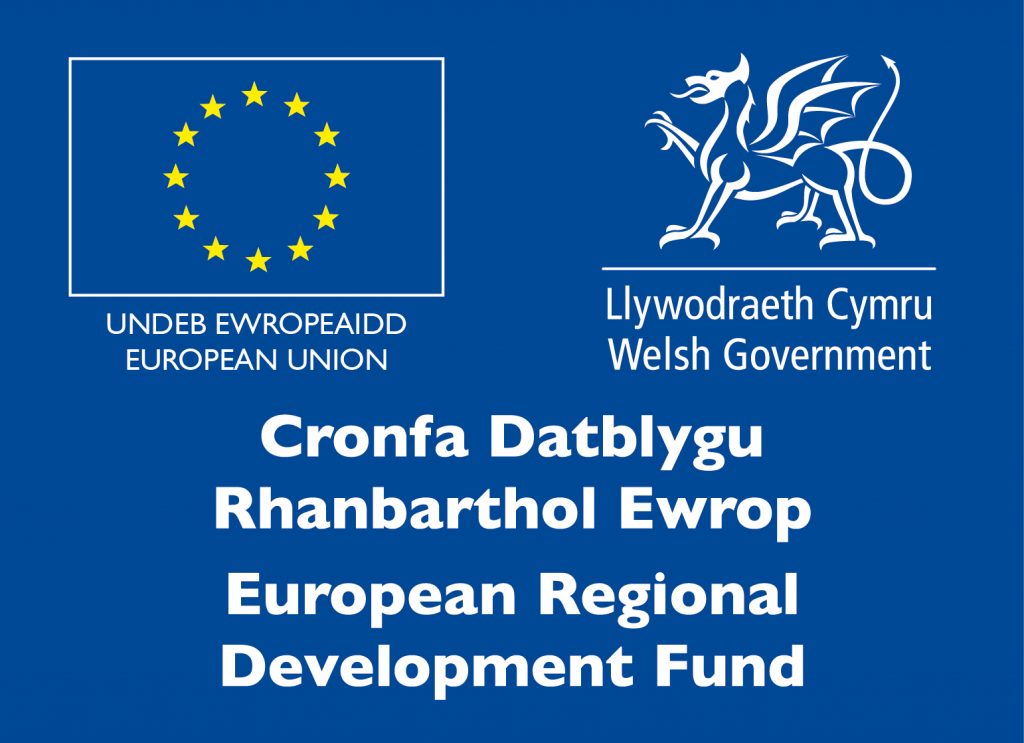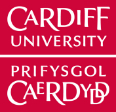FLEXISApp is a £4M research, development and innovation programme that is focussing on developing innovative energy technologies to achieve net zero targets by 2050.
Building on the success of the ongoing 5 year FLEXIS research programme, FLEXISApp brings together industry, government and expertise from three leading schools of engineering in Wales.
FLEXISApp is the team’s second partnership project that is using a collaborative approach with Welsh academia to tackle decarbonisation and develop global solutions to climate change.
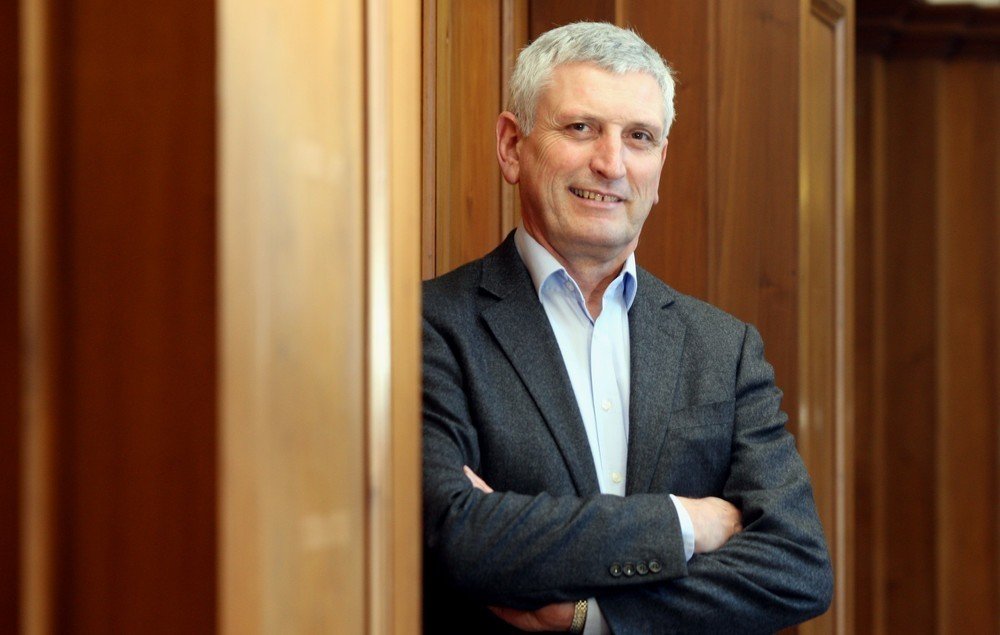
“The award of WEFO funding for FLEXISApp is testament to the commitment of the partners at the heart of the FLEXIS project.
By continuing to work together with colleagues at Swansea University and University of South Wales, we can build on the world class capability that already exists in Welsh Universities and share the leading resources that were created through FLEXIS, to develop innovative energy technologies alongside our industrial partners.
Through strong industrial partnerships, FLEXISApp will drive net zero solutions that use FLEXIS’ world-leading research and resources in energy systems, to generate economic and green growth for West Wales, the Valleys and internationally.”
Professor Hywel Thomas, Cardiff University

“The FLEXISApp partnership provides us with the opportunity to take forward the research and demonstration capacity from FLEXIS to drive the commercial development of energy technologies, that focus on industrial decarbonisation and greenhouse gas (GHG) reduction.
By closely working with our industrial partners we have a unique opportunity to enhance our research work to develop solutions that will help them with their net zero ambitions.”
Professor Alan Guwy, University of South Wales
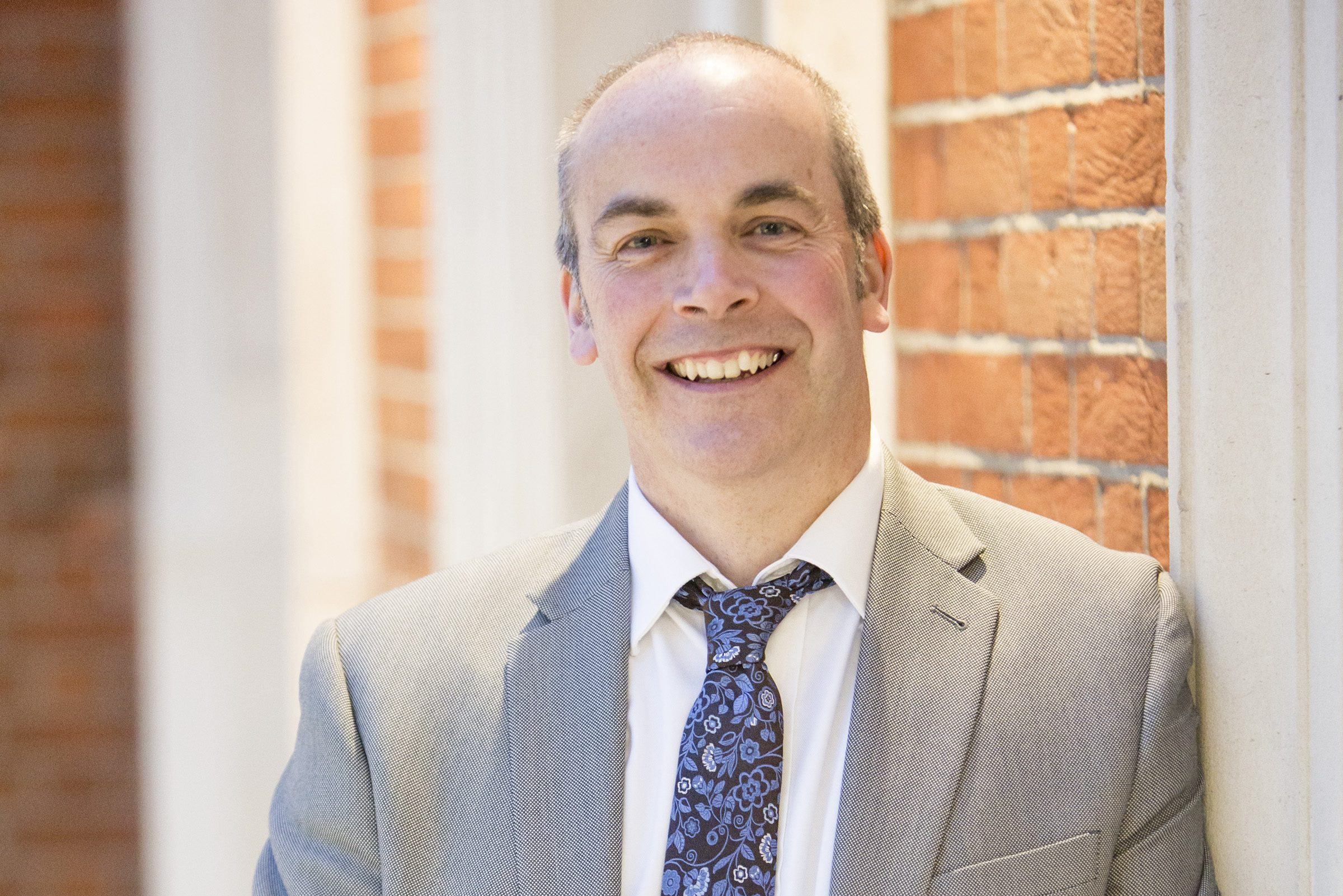
“Alongside the strong academic partnership that forms the foundation of FLEXISApp, our industrial partnerships with the likes of Tata Steel and Maiple are of paramount importance for programme delivery and together gives us the strength and support to drive forward research and new technology as part of our research projects.”
Professor David Worsley, Swansea University



